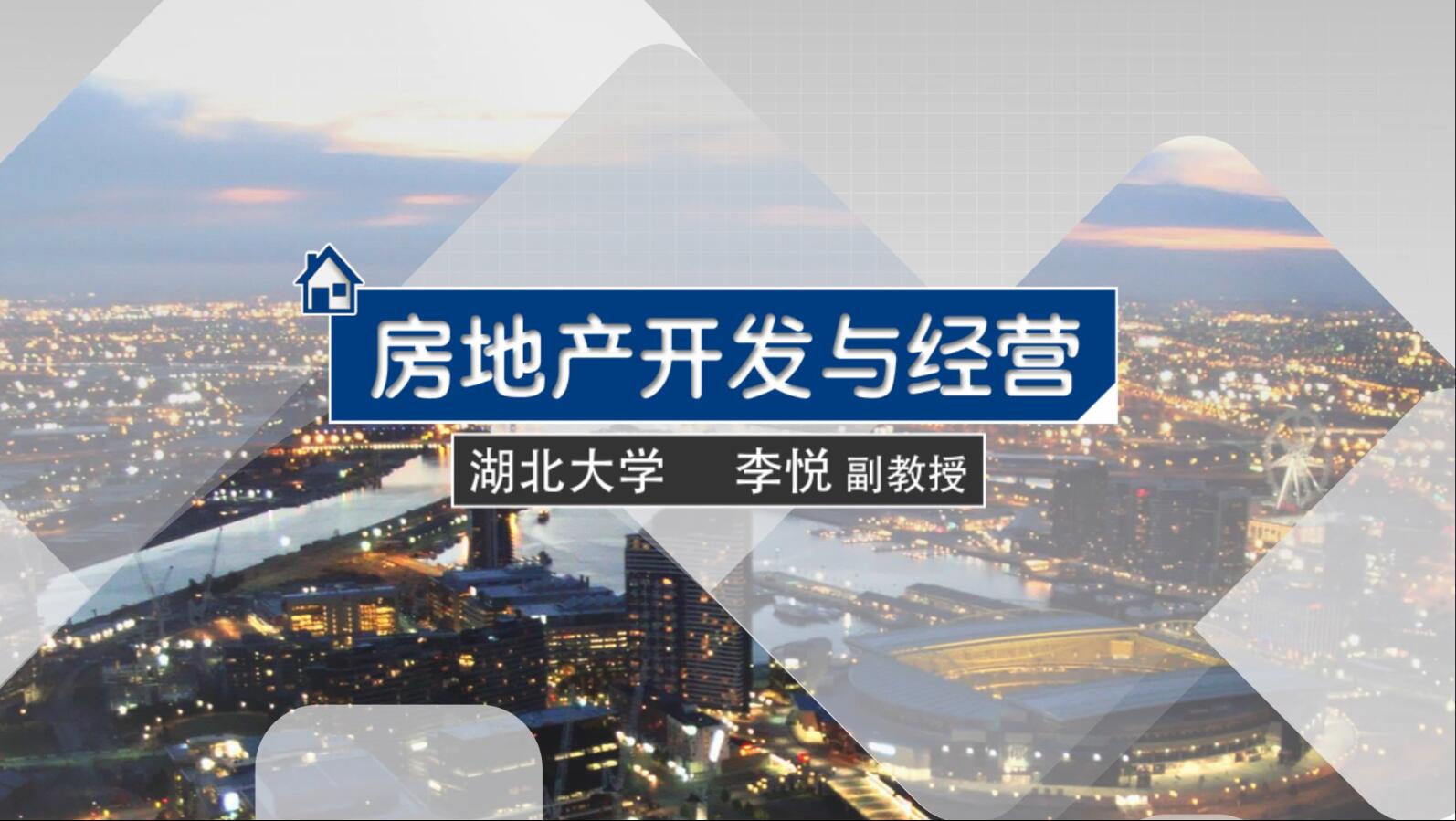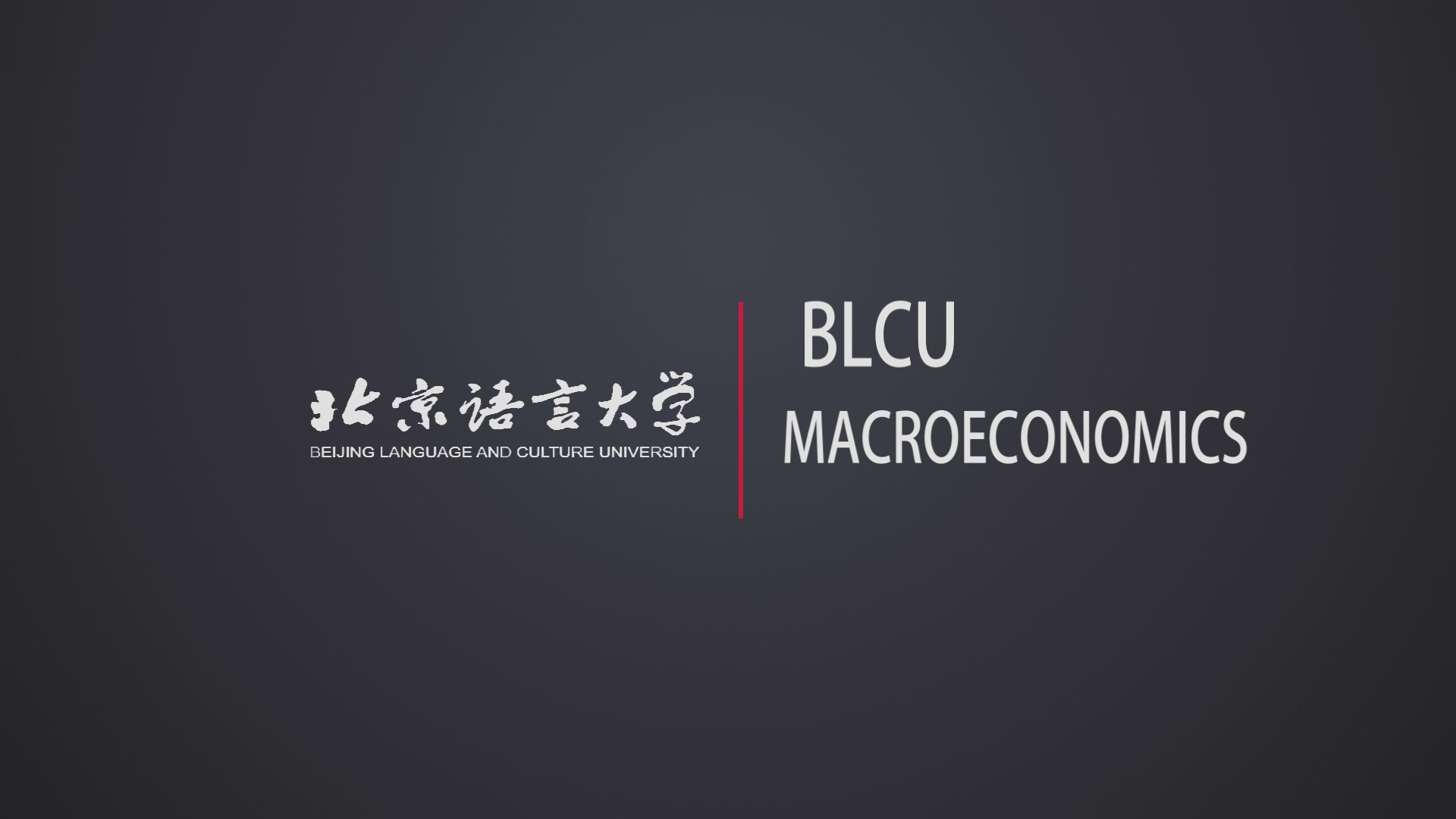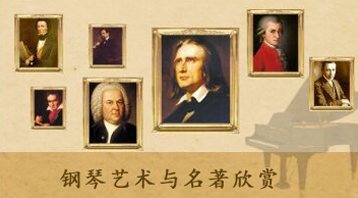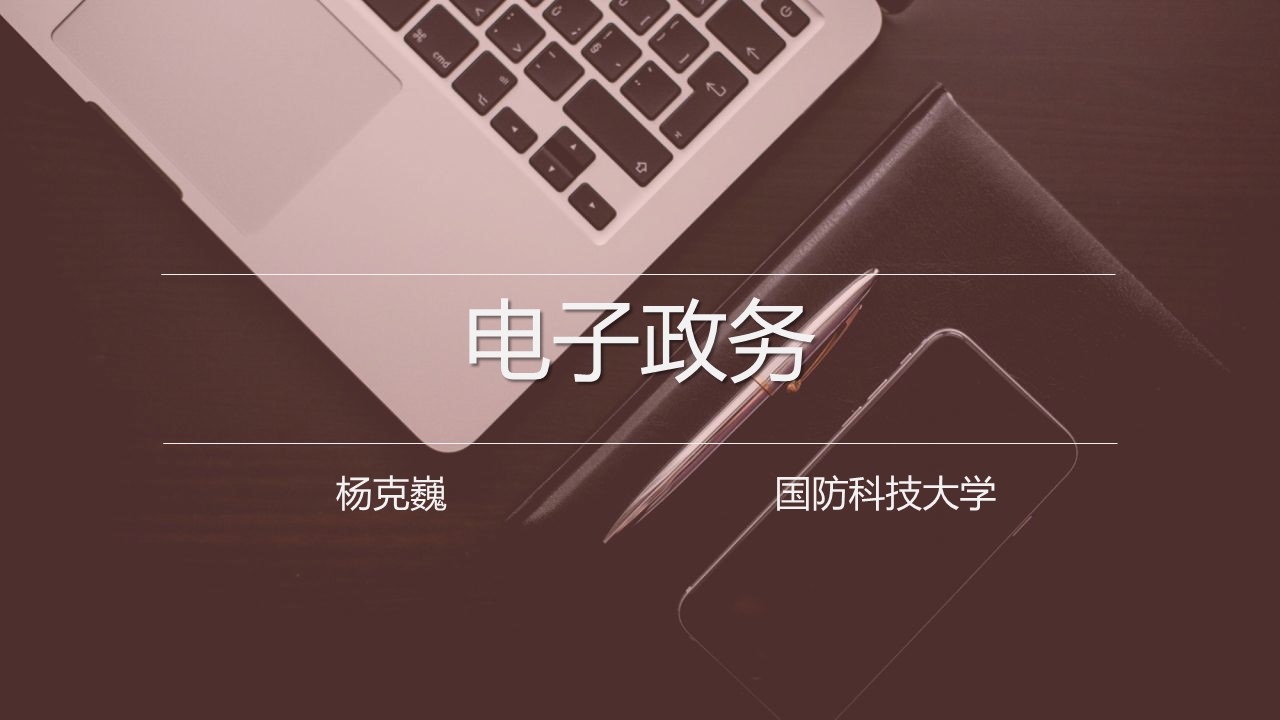
当前课程知识点:Research Methods in Tourism Studies > Week 5 Emerging Issues in Tourism and Hospitality Research > 5.3 Mixed Method and Interdisciplinary Research > 5.3.1 Mixed method
返回《Research Methods in Tourism Studies》慕课在线视频课程列表
返回《Research Methods in Tourism Studies》慕课在线视频列表
混合研究方法 目前也非常流行
我们通常会将研究分为定性和定量两种
我给出一个图表 里面有很多箭头
意味着研究的方向并不是单一的
比如你在进行一个定性研究 下一步可能会运用定量
或者你在完成定量研究后又回到定性
接着又一次回到定量研究
这是一个循环过程 而具体如何操纵取决于你的研究目的
一本关于混合研究方法的书中提到 共有12种不同的混合研究方法
你可能惊叹说 12种
我们只有一两个 就是定量和定性研究
那么12个混合方法到底怎样形成的呢
我建议你去读一读那本书 那是一本很好的书
我只想给你举两个例子 这两个例子在研究中很流行
其一 我们称之为定量研究
你开发测量工具 并且用它来收集数据 分析数据
然后解释你的研究结果 这种研究设计通常是非常流行的
很多学者都运用这类研究设计 因为它回答了“是什么”的问题
但是很多人在做这类研究时缺少第一阶段研究
也就是定性数据分析
他们不做定性分析 而是直接编制问卷
收集数据 然后进行定量分析
有时候这不是一个好办法 我鼓励我所有的博士生都要先做定性分析
尽管你已经很清楚的知道测量工具和测量指标
但还是需要先做一个定性分析来验证它
因为这样可以节省你后面做分析的时间
这是第一种混合研究设计 也是我们经常使用的研究设计
它回答了“是什么”的问题
有时我们也将其称为探索性混合研究
探索什么 探索的是测量指标
第二类混合研究设计与第一类相反
它先进行定量分析 然后进行定性分析
最后解释研究结果
这类研究的目的是回答“为什么”的问题 我们可以称其为解释性研究
前者是探索性研究 而这是解释性研究
在我们每一项研究的最后 按照要求
你必须说出你的研究局限和未来研究方向
但每一项研究都可能会有你意想不到的现象发生
你会感到惊喜 为什么会这样?
你可能没来得及继续追踪 这篇研究到此处就要停止了
但是如果你想继续追踪这个“为什么”的问题
你可以基于这个“为什么”去进行另一个新的研究
那将有助于你专注于这一领域
对这一领域有更深的了解
“为什么”的问题实际是为了解释为什么会出现这种现象
而要想解释为什么出现这种现象 最好的办法是什么呢
是定性研究方法
这就是为什么有人说 混合研究是一种循环
是从这里到这里的循环
上述两类研究是最流行的混合方法研究
一种是探索性的 一种是解释性的 它们都是非常常见的
如果你感兴趣 你可以读那本书
-1.1 Research Question and Research Objectives
--1.1.1 Student interview before class
--1.1.2 The starting point: question
--1.1.3 What is a good research question?
--1.1.4 Ways to find a good research question
-1.2 Title Design
--Acticle: Leisure & Travel as Class Signifier: Distinction Practices of China's New Rich
--Discussion: Why do we research?
-1.3 Literature Retrieval Method and Literature Databases
--1.3.1 Common literature retrieval method
--1.3.2 Common literature search database
-1.4 Information Collection and Academic Journals in Tourism
--1.4.1 Academic journals in tourism research
--1.4.2 Literature collection methods and principles
-1.5 Literature Reading
--1.5.2 Overcoming obstacles in literature reading
--Week 1 quiz
--Discussion: What difficulties have you encountered in reading literature?
-2.1 Philosophical Bases of the Two Approaches
--2.1.1 Philosophical bases of the two approaches
-2.2 Differences between the Two Approaches
--2.2.1 Differences between the two approaches
--Article: Does tourist–host social contact reduce perceived cultural distance?
-2.3 Be Aware of Your Own Research Views
--2.3.1 Be aware of your own research views
--Discussion: How to choose research method?
-2.4 Research Example: Social Tourism
--2.4.1 What is social tourism?
--2.4.2 Established frameworks on social tourism
--2.4.3 Major research findings on social tourism
--2.4.4 Major findings of social tourism research
--2.4.5 Opportunities and challenges for social tourism
--Week 2 quiz
- 3.1 Key Procedures in Qualitative Approach
--3.1.1 Key procedures in qualitative approach
-3.2 Qualitative Data Collection and Analysis
--3.2.1 Key procedures and data collection methods in qualitative approach
--3.2.2 Data collection and analysis in qualitative approach
--3.2.3 Data analysis in qualitative approach
-3.3 Case Study and Content Analysis
--Discussion: Have you ever used a qualitative approach in your research?
-3.4 Using Coding and Themes in Qualitative Research
--3.4.1 Using coding and themes in qualitative research(1)
--3.4.2 Using coding and themes in qualitative research(2)
-3.5 Using Conceptual Framework in Qualitative Research
--3.5.1 Using conceptual framework in qualitative research(1)
--3.5.2 Using conceptual framework in qualitative research(2)
--Article: Tourist typology in social contact: an addition to existing theories
--Week 3 quiz
--Discussion: How to ensure the reliability and validity of qualitative study?
-4.1 Using Questionnaires in Quantitative Research
--4.1.1 Make an effective literature review and research method design
--4.1.2 Learn to write powerful findings and discussion
-4.2 Using Experiment in Quantitative Research
--4.2.4 Eye tracking experiment
-4.3 Using Mixed Method
--4.3.1 Sustainabble tourism development (1)
--4.3.2 Sustainabble tourism development (2)
--Article:Creating a scale for assessing socially sustainable tourism
--Week 4 Quiz
--Discussion: How to use quantitative methods to study tourists' reaction?
-5.1 Current Research Priorities
--5.1 1 A review of hospitality research
--5.1.2 Impact of information technology on hospitality and tourism research
-5.2 Multi-Level/ Multiple Sources of Date Collection
--5.2.1 Experimental design (1)
--5.2.2 Experimental design (2)
--5.2.3 Multi-level/multiple sources of data collection
-5.3 Mixed Method and Interdisciplinary Research
--5.3.2 Interdisciplinary research
--Article: The meanings of destination: a Q method approach
--Discussion: Can you talk about your understanding of research methods?
-5.4 Using Delphi Method in Research Design
--5.4.1 What is the Delphi method?
--5.4.3 Characteristics of the Delphi method
--5.4.4 Predicting the future of wine tourism
--Week 5 quiz
--Discussion: Philosophical basis of research methods
-6.1 Journal Publication
--6.1.1 How to publish in the top journals? (1)
--6.1.2 How to publish in the top journals? (2)
--6.1.3 How to publish in the top journals? (3)
--6.1.4 How to publish in the top journals? (4)
--Article: Analyzing the economic sustainability of tourism development: evidence from Hong Kong
-6.2 Academic Ethics
--6.2.2 Student interview after class
--Week 6 quiz
--Discussion: Academic publication and academic ethics
--Final quiz





